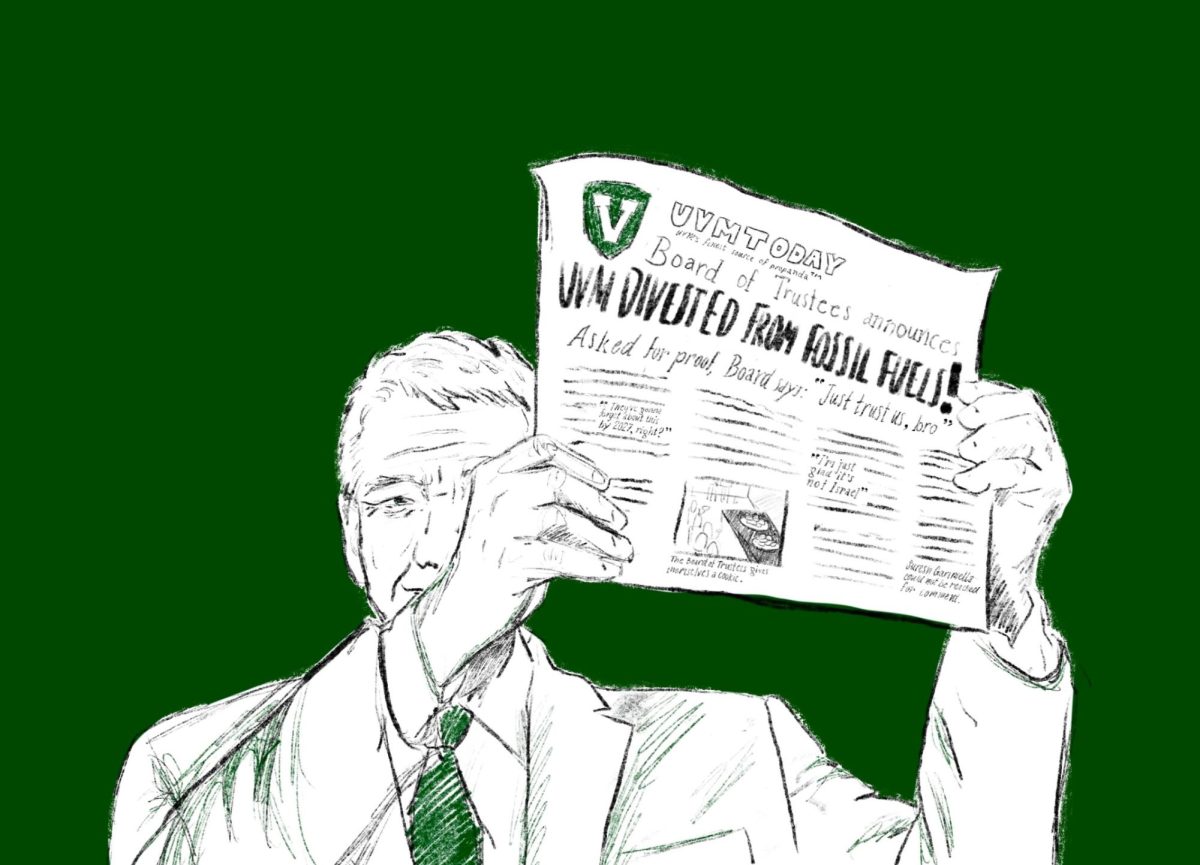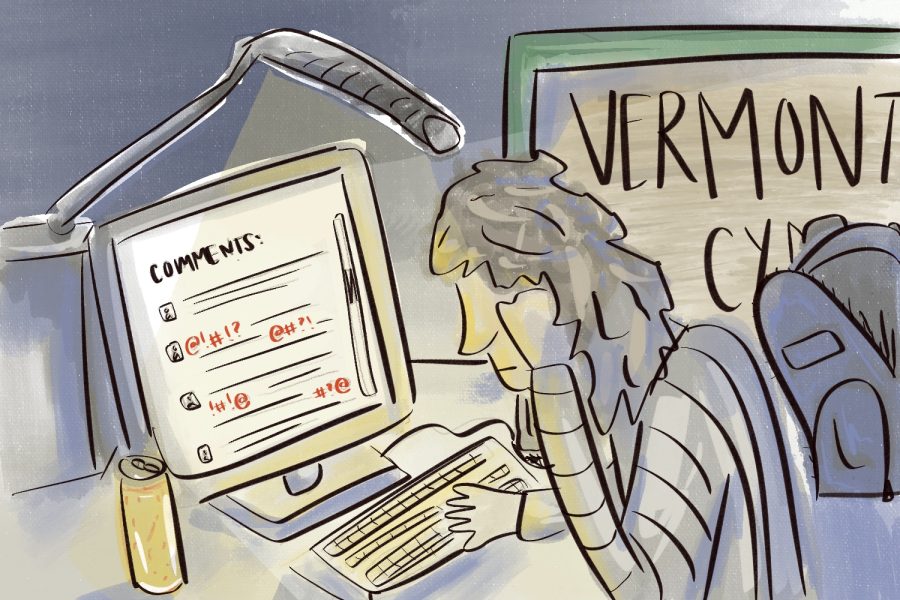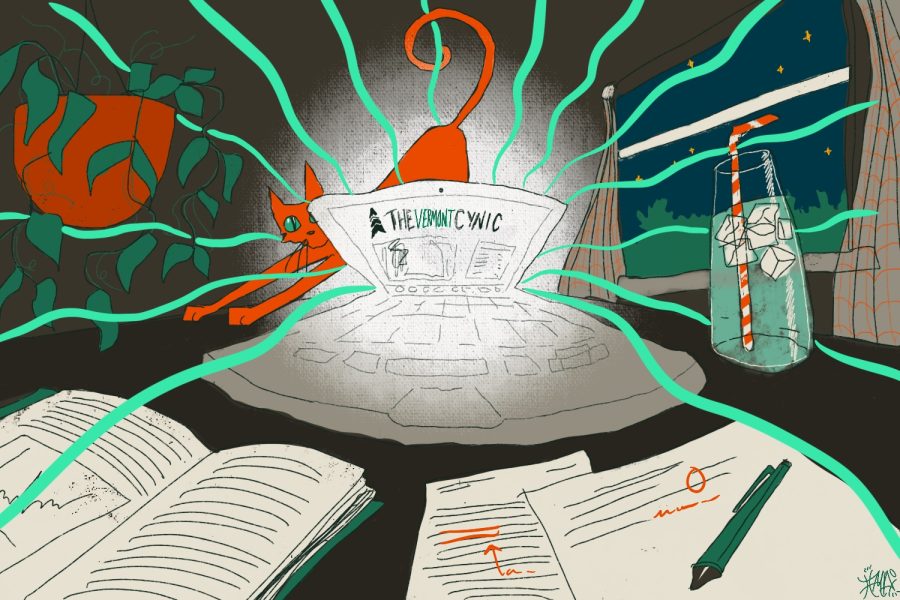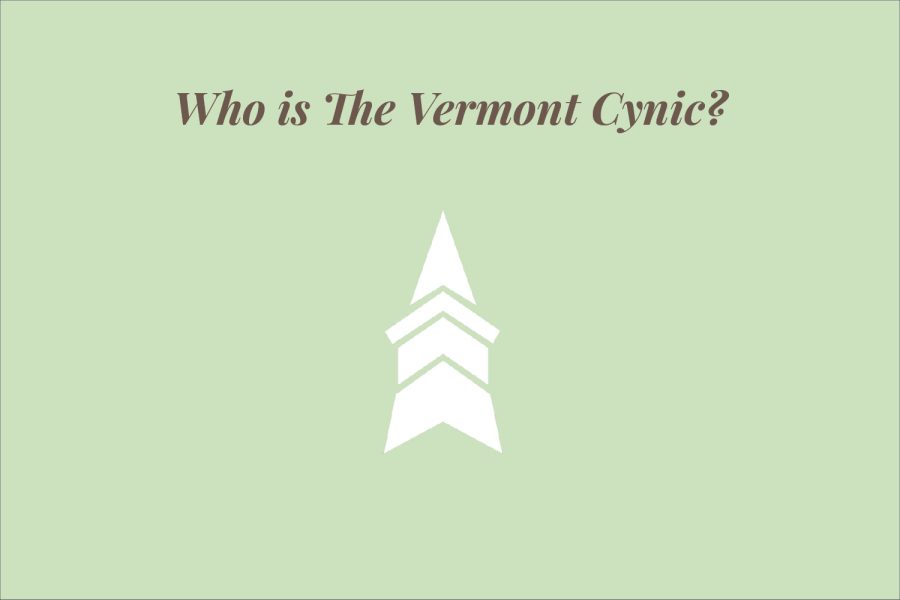The need for ethical political campaigns and government activity has always been on the minds of Americans.
With power comes the increased possibility of conflicts of interest. Many states have taken it upon themselves to enact their own independent ethics watchdog bodies.
Forty-two states currently have ethics committees with the power to enforce their policies — Vermont is not one of those states.
With lawmakers calling foul on some political activities in the city during the current elections, the need for robust and independent ethics standards is clear.
Lines between constitutional rights to engage in politics and the need to serve in non-partisan roles must be stark.
Everyone has a constitutional right to participate in politics. However, what is legal and what is ethical are not always the same.
A national government accountability watchdog group, The Center for Public Integrity, gave Vermont a D+ for corruption risk, according to their website.
What’s more, Vermont was rated last along with two other states for laws surrounding conflicts of interest — we don’t have any of these laws.
Of the 10 states with the lowest conflict of interest scores, three had scores of zero. Idaho, Michigan and Vermont don’t require state-level elected officials to file financial disclosure forms.
Last year, steps in the right direction were made. The Campaign for Vermont, a non-profit organization committed to enhancing transparency in Vermont government, hired a lobbyist to press for better ethics. The organization called on state lawmakers to adopt an independent committee on political ethics for Vermont.
Critics of enacting stricter ethics standards in Vermont talk about the closeness of the state. Indeed, many citizen legislators hold other jobs in their home communities.
These legislators are tied to their community, unlike career politicians who can benefit from the system. Vermont has taken steps, small steps, toward greater transparency.
Just this year there was the creation of an ethics commission in the legislature, made up of legislators. The enforcement power of this body is limited, and they have yet to exercise it.
As involved, informed citizens, we should all take an interest in the power of elected officials.









![Can’t buy me [self] love](https://vtcynic.com/wp-content/uploads/2024/04/self-care-FINAL-1200x796.jpg)








